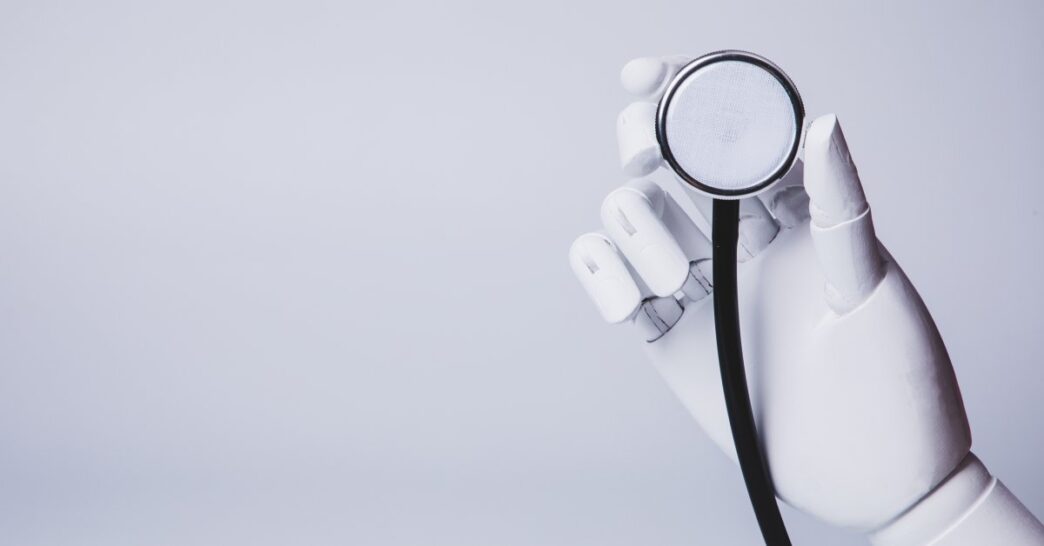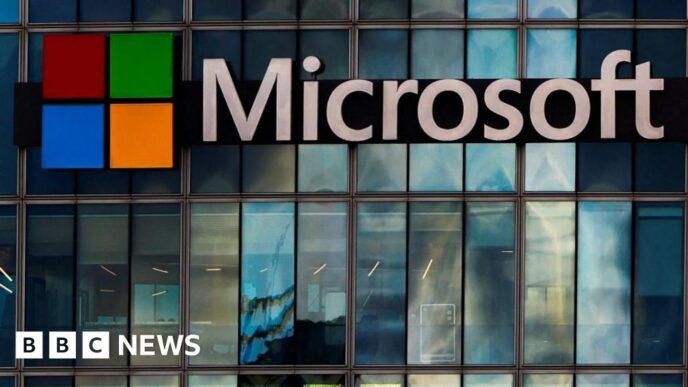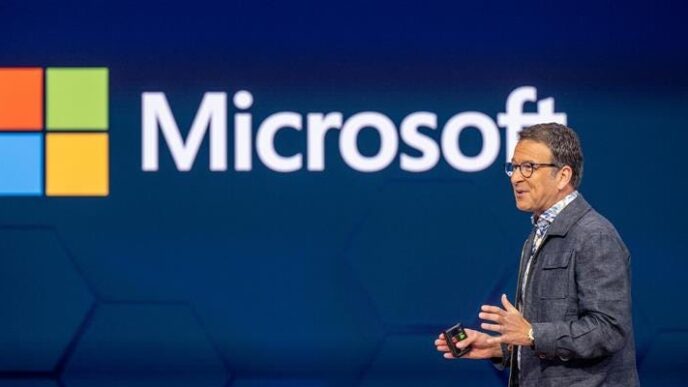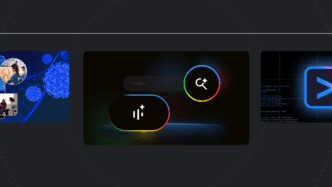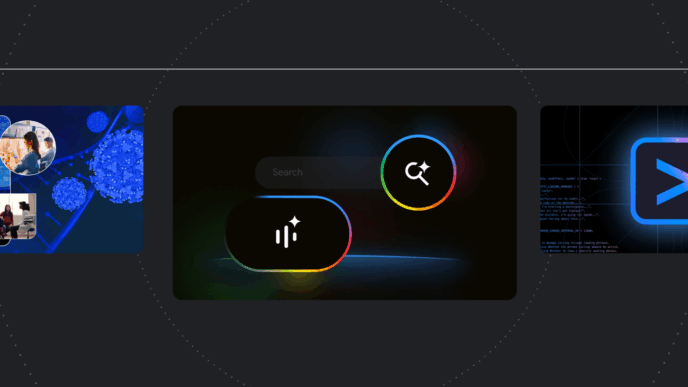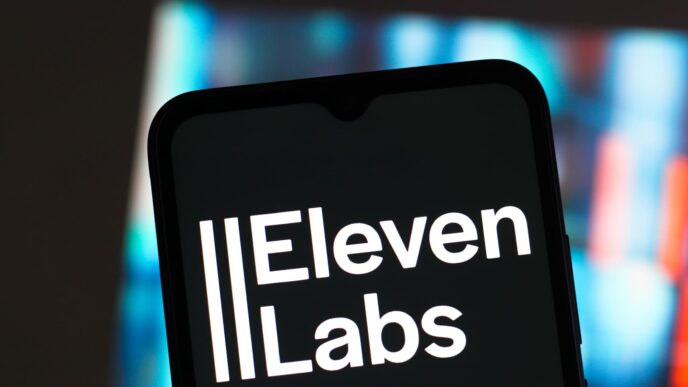Microsoft’s new AI, MAI-DxO, nailed 85% of tough medical cases—four times better than human doctors. The company shared a study on arXiv showing its AI bypassed the usual 20% human accuracy on tricky diagnoses from the New England Journal of Medicine.
Microsoft tested 300 complicated cases designed to stump doctors. They compared MAI-DxO to 21 real doctors in the U.S. and U.K., and to several existing AI models like Claude, GPT, and Llama. The key: a step-by-step decision-making system mimicking how doctors collect info, order tests, and then diagnose.
MAI-DxO didn’t just get diagnoses right faster—it cut costs on medical tests by 20% compared to humans.
Dr. Eric Topol from Scripps Research called the jump in accuracy “really big” and noted the cost savings too.
“The four-fold increase in accuracy was more than previous studies have shown,” Dr. Eric Topol stated. “Most of the time there is a 10% absolute percentage difference, so this is a really big jump.
Not only was the AI more accurate, but it was much less expensive.”
This AI doesn’t spit out answers blindly. It shows its reasoning so doctors can review and learn.
Mustafa Suleyman, Microsoft AI CEO, said this tech could bring expert diagnostics worldwide at a fraction of the cost.
“This is a startling result,” Suleyman said. “I think it gives us a clear line of sight to making the very best expert diagnostics available to everybody in the world at an unbelievably affordable price point.”
Microsoft’s AI bundles decisions from multiple models to boost results. Some experts, like Keith Dreyer from Massachusetts General Hospital, say it’s less about a new model and more about combining existing ones. He also noted this doesn’t mean regulatory approval is close.
Google is working on similar tech. Their latest system hit 59% diagnostic accuracy vs. doctors’ 33% in a similar test. But real-world trials remain the next hurdle.
Topol summed it up:
“It’s impressive what they did. But it doesn’t change medical practice until they take it out on the real medical highway.”
Microsoft plans to test MAI-DxO in clinical settings next, aiming to reduce medical errors and boost doctor efficiency globally.
“We are very much on that journey to create the evidence base required to support both clinicians and patients to make a difference in their health,” said Dr. Dominic King, Microsoft AI VP.
MAI-DxO is research-only for now, but it’s shaping up as a major player in AI medical diagnostics.

